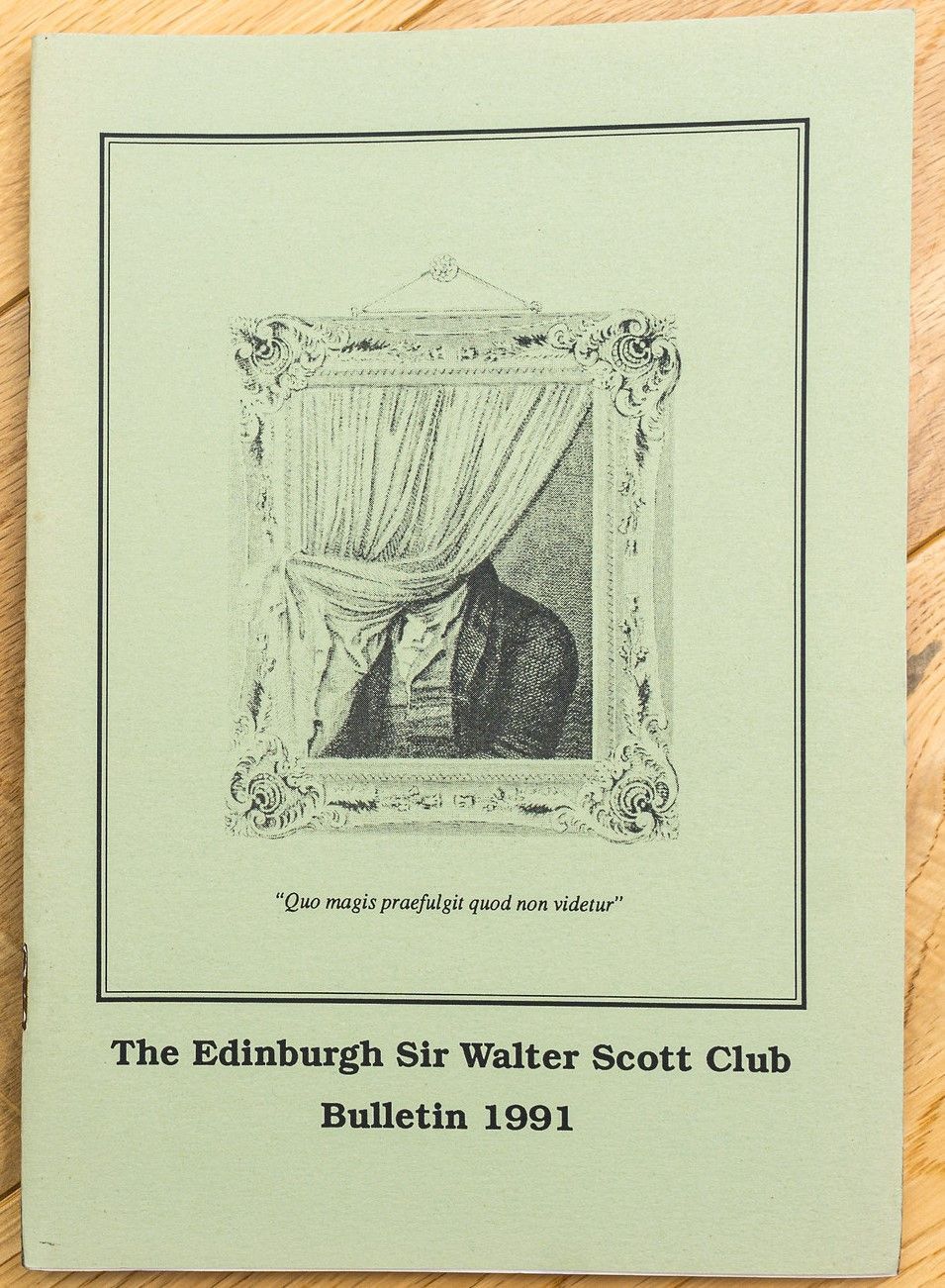Sir Walter Scott’s Influence on Chinese Literature
Article from 1991 Bulletin
Summary of the Article:
Professor Chen Zhao-Lin explores the influence of Sir Walter Scott's works on Chinese literature, particularly focusing on the historical novel genre. The paper outlines Scott's significance in Western literature and how his novels were introduced to China in the late 19th century through translations, notably by Lin Shu. These translations included works like Ivanhoe, The Betrothed, and The Talisman, which helped familiarize the Chinese reading public with Scott's writings.
The paper emphasizes that Scott's influence is evident in Chinese literature, especially in historical novels and plays. This influence is reflected in works by various Chinese writers, including Guo Moro, who cites Scott as a major inspiration. Guo Moro's historical plays and writings, particularly during the Anti-Japanese War period, mirror Scott’s focus on national struggles, historical figures, and themes of patriotism. The comparative study between Scott and Guo Moro reveals shared themes such as heroism, national independence, and moral integrity.
Additionally, the paper notes that Scott’s combination of romanticism and realism, along with his deep concern for oppressed characters, resonated with Chinese authors. While the cultural contexts and historical backgrounds differed, the universal appeal of Scott’s themes, such as justice, love, and betrayal, found a place in Chinese literature. The paper also highlights how Guo Moro, inspired by Scott, adopted similar narrative techniques, such as portraying heroic characters from various social classes and constructing complex historical narratives.
Key Points Worth Mentioning:
- Historical Novel as a Genre: Scott is credited with establishing the modern historical novel, which profoundly influenced Chinese writers who adopted historical themes in their works. Guo Moro, for instance, was inspired by Scott’s portrayal of historical events and characters, especially in his plays during the 1930s-40s.
- Cultural Exchange via Translation: Lin Shu’s translation of Scott’s works played a pivotal role in introducing Western literature, including Scott, to China. This exchange marked the beginning of a significant influence of Western literary forms on Chinese writing.
- Themes of National Struggle: Both Scott and Guo Moro explored themes of national struggle, heroism, and resistance against oppression. These shared themes resonate deeply in contexts of political and social turmoil, such as during the Anti-Japanese War in China.
- Characterization and Plot Structure: Scott’s ability to create vivid characters across social strata and his complex plot structures were adopted by Chinese writers like Guo Moro. The depiction of heroes and villains, as well as the intertwining of personal destinies with historical events, became a feature in Chinese historical literature.
- Romanticism and Realism: Scott’s blending of romanticism with realism found a parallel in Guo Moro’s works, showcasing the lasting influence of Western literary movements on Chinese authors.
- Comparative Study of Authors: The paper suggests that a comparative study between Scott and Chinese writers like Guo Moro offers valuable insights into the shared humanist qualities in both Western and Chinese literature, focusing on justice, loyalty, and the portrayal of historical events.
This paper offers a rich exploration of how a Western literary giant shaped Chinese narrative traditions and continues to influence modern Chinese literature.
Download the [Transcript] or read the [Bulletin]

Download the [Transcript] or read the [Bulletin]


